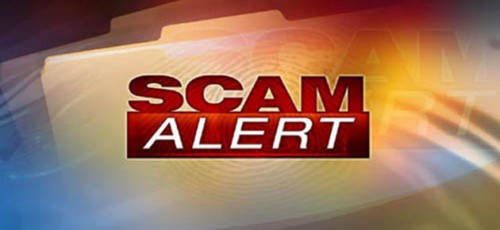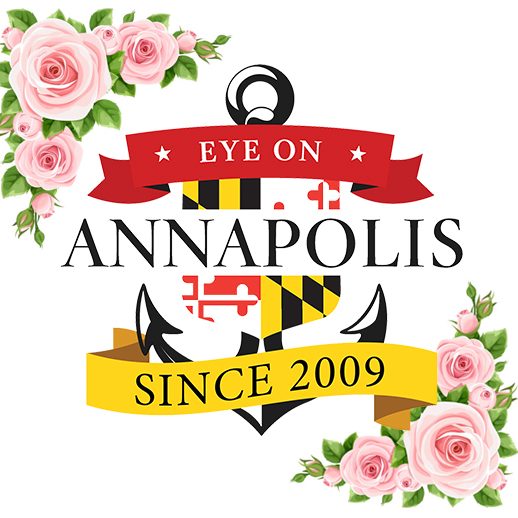
 Scammers are sending fake checks that appear to be from Maryland-based Chesapeake Employers Insurance Company (CEIC) and the Injured Worker’s Insurance Fund (IWIF) to unsuspecting victims all over the country. Please note that this scam does NOT affect CEIC or IWIF claimants or other persons receiving legitimate checks from these companies.
Scammers are sending fake checks that appear to be from Maryland-based Chesapeake Employers Insurance Company (CEIC) and the Injured Worker’s Insurance Fund (IWIF) to unsuspecting victims all over the country. Please note that this scam does NOT affect CEIC or IWIF claimants or other persons receiving legitimate checks from these companies.
This is how the scam works: a person reaches out to a victim through Facebook and promises to send them a check in exchange for performing some type of work. The victim receives a falsified check that appears to be from CEIC or IWIF, and is told that they can keep part of the money once they accept the check and do the work. Once the victim deposits the check, the funds appear in their account as “pending.” However, these checks are eventually declined by the bank, and any money the victim sent back to the scammer in the meantime is gone for good and the victim is never paid for any “work” they did on behalf of the scammer. In this particular scam, victims have lost thousands of dollars, some as high as tens of thousands of dollars.
This particular kind of scam is performed often and is not unique to CEIC and IWIF. The Consumer Protection Division is warning anyone who receives a check from an individual or business that they don’t know for work performed, or with instructions to keep a portion of the money and send the rest elsewhere, to be very suspicious: this is most likely a scam. Other scammers may reach out with a “job offer,” promising to send a check to get you started. Clues this is scam include correspondence and/or checks that are sent from overseas or from an address different than the supposed location of the “employer.” If an individual reaches out to you through social media with these kinds of “offer,” ignore and block them.
If you do receive a check that you’re not expecting or that appears suspicious, be extra cautious. Contact the company whose name is on the check and ask them if they sent you a check and why. Only after you have verified with this company that the check is legitimate should you deposit it into your bank account. If you are asked to deposit a check and to return a portion of the funds to the sender, it is almost certainly a scam and you will lose the money that you send.
If you’ve been the victim of a scam, please contact the Consumer Protections Division’s hotline at 410-528-8662 or toll-free 1-888-743-0023.










































